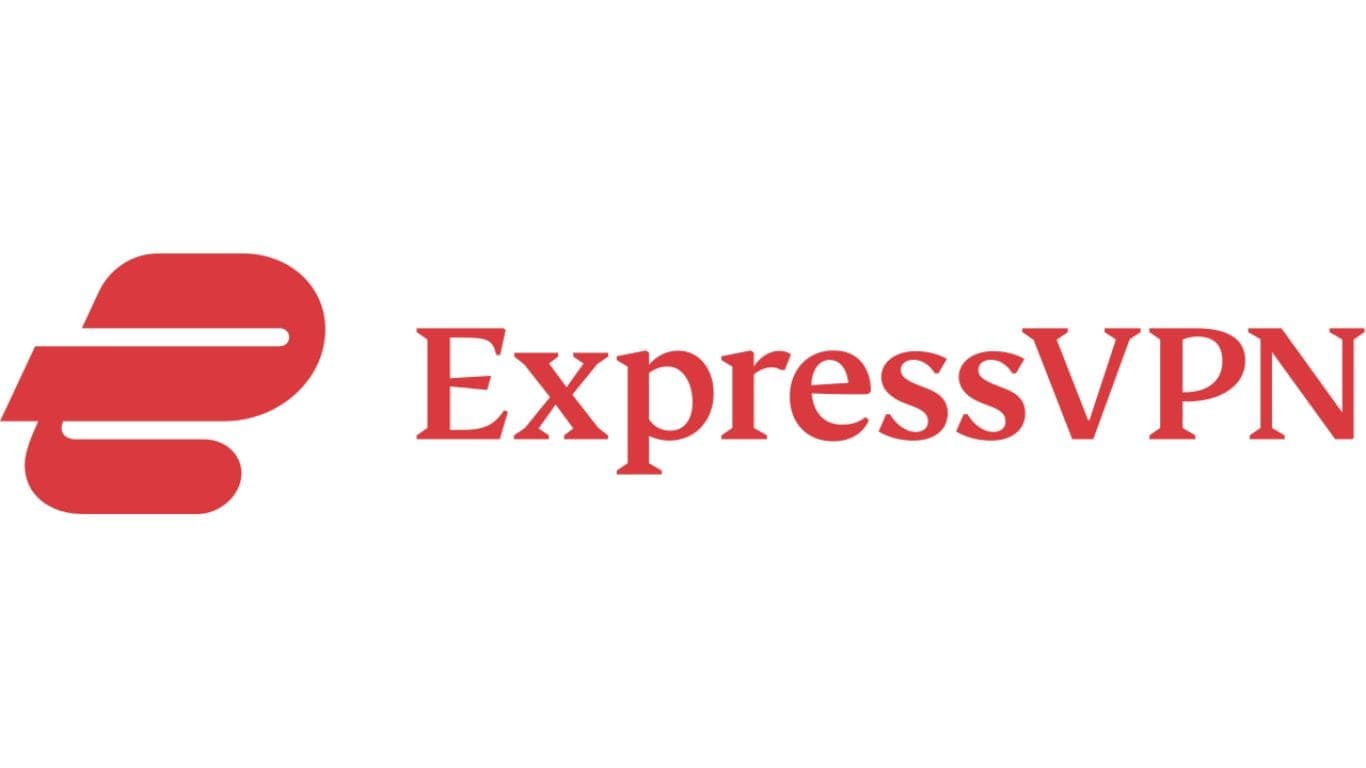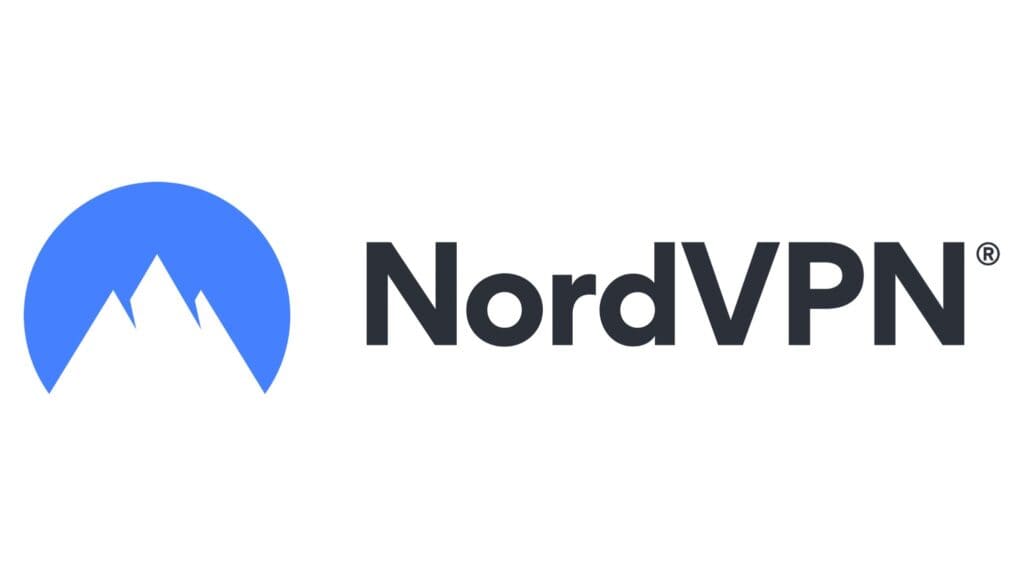What Exactly is a VPN?
A Virtual Private Network (VPN) functions as a secure digital tunnel connecting your device to the internet. Rather than simply being another connection tool, it serves as a comprehensive security solution that protects your online presence and keeps your digital activities private from prying eyes.
In today's interconnected world, a VPN has evolved beyond being just useful—it's become essential for maintaining your digital privacy and security. Cyber threats are everywhere, with malicious actors constantly developing new methods to compromise your personal information and steal sensitive data. A VPN acts as your dedicated online guardian, routing your internet traffic through an encrypted, secure tunnel that renders your activities invisible to unauthorized parties.



The Mechanics Behind VPN Technology
VPN technology functions by masking your actual IP address—the unique digital identifier that reveals your device's location on the internet or local network. This IP address plays a crucial role in determining your geographical location and other identifying information that websites and online services can access. VPNs strengthen your communication security by redirecting your device's internet connection through a VPN server situated on a different network. This redirection process encrypts all data transmitted between your device and the VPN server.
Under normal circumstances, when you browse the internet without VPN protection, your IP address directly reveals your actual physical location. However, when you connect through a VPN server, your real IP address becomes hidden behind one associated with the VPN service, creating the appearance that you're accessing the internet from an entirely different location. This transformation dramatically improves your online anonymity and shields your identity from third-party surveillance.
Without VPN encryption, your online activities remain vulnerable to interception and monitoring by various entities.
Key Transformations When Using a VPN
Implementing a VPN creates substantial improvements in both the security and anonymity of your online communications, dramatically minimizing the likelihood of encountering various digital threats and privacy violations.
Optimal Times to Deploy VPN Protection
VPN technology proves valuable across numerous scenarios due to its dual capabilities of encrypting communications and modifying IP addresses for enhanced privacy.
Primary VPN Applications
Safeguarding Your Digital Privacy
Accessing International Content and Maintaining Connectivity While Traveling
Securing Substantial Savings on Online Subscriptions
Unlocking New Gaming Possibilities
VPN deployment becomes particularly beneficial in four essential scenarios. First, privacy protection ensures your online activities remain encrypted and hidden from unauthorized observation. Second, content accessibility allows you to bypass geographical restrictions and access region-locked materials. Third, cost optimization enables you to find better deals on various online services by connecting from different geographical locations. Finally, gaming enhancement provides access to games and servers that might be restricted in your region.
Comprehensive Analysis: VPN Advantages and Disadvantages
Implementing a VPN for personal use delivers multiple significant benefits. Most importantly, it provides robust privacy protection, safeguarding your online activities from unwanted surveillance and monitoring. Additionally, VPNs grant access to content that may be geographically restricted or blocked in specific regions. Furthermore, potential cost savings represent another valuable benefit; connecting from regions with lower pricing structures might help you secure better subscription rates for various online services.
However, VPN usage does come with certain drawbacks. Premium VPN services typically require monthly subscription fees, which represent an ongoing cost consideration. Additionally, routing your internet traffic through VPN servers may occasionally result in slower connection speeds, particularly when connecting through distant or overloaded servers. Nevertheless, reputable VPN providers such as ExpressVPN or NordVPN, which we highly recommend, often provide such efficient service that speed differences become barely perceptible.
VPN Benefits
- Secure your online activities from external threats while using public Wi-Fi networks
- Access internet content as if you were still in your home country during international travel
- Bypass geographical restrictions on websites unavailable in your region
- Discover better pricing on online purchases and services
- Obtain subscriptions at reduced rates through strategic server selection
VPN Drawbacks
- Monthly subscription fees required for quality VPN services
- Potential connection speed reduction during peak usage periods
Understanding Free VPN Risks and Limitations
While free VPN services might appear attractive due to their zero-cost nature compared to premium alternatives, numerous disadvantages and security risks accompany these services that warrant careful consideration.
Significant Risks Associated with Free VPN Services
Compromised Privacy Protection and Security Standards
Excessive and Intrusive Advertising
Severe Limitations on Connection Speed and Data Capacity
Restricted Server Availability and Location Options
Questionable Operator Reliability and Transparency Standards
Free VPN services, while cost-effective, often operate with significant compromises. These services frequently provide inadequate privacy protection levels, subjecting users to extensive advertising campaigns that can be intrusive and potentially malicious. Additionally, free services typically impose strict limitations on connection speeds and data usage, while offering limited server options that may not meet user needs.
Premium VPN Services: Investment Benefits and Value
Despite the associated costs, choosing established global VPN providers delivers substantial advantages that justify the investment.
Premium VPN Service Benefits
Superior Privacy Protection and Advanced Security Features
High-Speed Connections with Unlimited Data Capacity
Professional Customer Support and Reliable Service
Extensive Server Networks Across Multiple Global Locations
Access to Advanced Security Features and Protocols
Premium VPN services like ExpressVPN and NordVPN deliver such efficient performance that potential speed reductions become virtually unnoticeable, with variations depending on specific server selection. These providers maintain strict no-logging policies across their server networks, implementing military-grade encryption technology that ensures comprehensive privacy and security protection.
The subscription fees collected from users enable continuous service improvements, including superior customer support infrastructure, demonstrating the clear value proposition of investing in premium VPN solutions.
VPN Legality: Global Perspective and Restrictions
VPN usage remains completely legal throughout most countries worldwide. These services are commonly employed by individuals seeking to protect their private information and enhance their overall online security posture.
However, certain countries have implemented restrictions or outright bans on VPN usage, including China, Russia, Republic of Belarus, Turkmenistan, North Korea, Iraq, Iran, Sultanate of Oman, Egypt, Turkey, and United Arab Emirates.
Understanding local regulations becomes crucial before implementing VPN services, particularly when traveling to regions with restrictive internet policies.
Frequently Asked Questions
What are current VPN adoption rates globally?
VPN adoption has experienced remarkable growth in recent years. According to research published by Atlas VPN, individuals from 85 selected countries downloaded VPN applications over 277 million times during 2020. This number surged to 785 million downloads in 2021, while 2022 recorded 353 million VPN downloads. Current usage rates across many countries range between 20% and 30% of the population.
Should I keep my VPN activated or deactivated during regular internet use?
The decision depends entirely on your personal priorities and security requirements. If privacy and security represent your primary concerns, maintaining constant VPN activation proves advisable. VPNs encrypt your online communications comprehensively, significantly reducing risks from external threats and unauthorized monitoring. However, if you prioritize connection speed and frequently access trusted, secure networks, occasional deactivation might be acceptable.
Final Thoughts
Virtual Private Networks represent secure connection methods between your device and the internet infrastructure. These services help protect your online activities, maintaining privacy and security while preventing malicious actors from accessing your sensitive data.
VPN implementation not only protects your online activities but also enables access to geographically restricted content while potentially reducing costs on various online services and subscriptions.
VPN usage requires subscription fees and may occasionally cause minor internet speed reductions. However, when utilizing major premium services like ExpressVPN or NordVPN, these speed differences become rarely noticeable.
Consider implementing VPN protection whenever you connect to the internet, regardless of whether you're simply browsing or conducting more sensitive activities, to ensure comprehensive data and privacy protection.
VPN usage remains legal throughout most countries globally. However, several nations, including China and Russia, have implemented restrictions or complete bans on VPN services.



